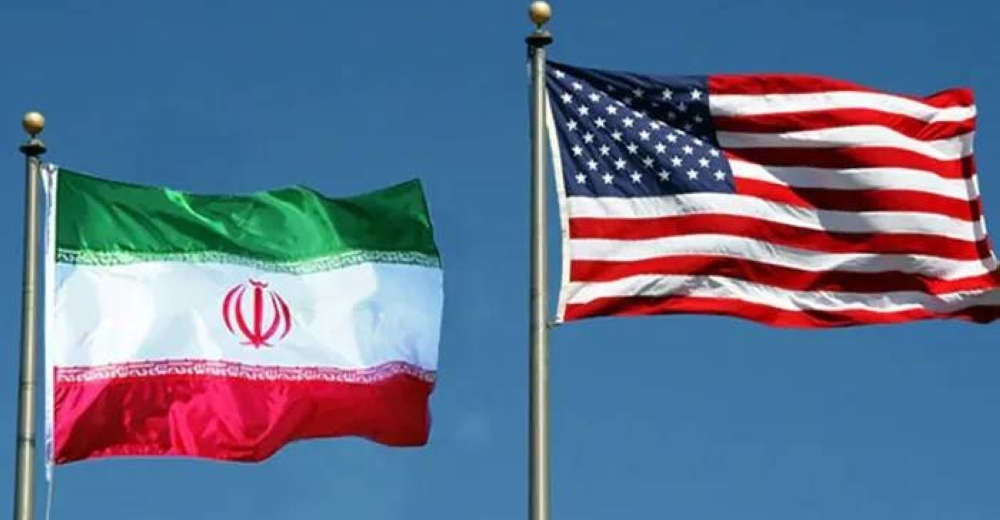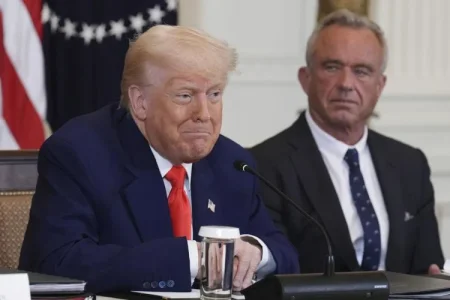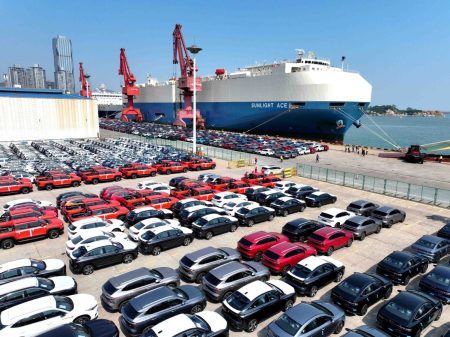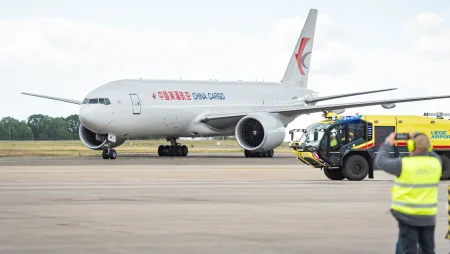Iran has rejected warnings from the United States about its nuclear program. A senior Iranian politician said war with the U.S. is unlikely and would bring no clear victory to either side.
Javad Larijani, a conservative figure in Iran, said that both countries know war would be long and harmful. He believes the U.S. will not start a war it cannot win. His comments come at a time when the U.S. is urging Iran to stop its uranium enrichment efforts.
Iran’s Deputy Foreign Minister Abbas Araghchi confirmed that Iran will continue to enrich uranium. He said that the nuclear program is part of Iran’s legal rights and will not be stopped by international pressure. The U.S., however, sees uranium enrichment in Iran as a red line. The Biden administration has stated this clearly in recent days.
White House Press Secretary Karoline Leavitt said the U.S. will not accept any deal that allows Iran to enrich uranium. This message was shared with Iranian officials and the public by U.S. Special Envoy Steve Witkoff and Secretary of State Marco Rubio. Washington also hinted that more sanctions could be added if Iran does not change its approach.
The nuclear standoff between Iran and the U.S. is not new. In 2015, Iran signed an international agreement called the Joint Comprehensive Plan of Action. The goal was to limit Iran’s nuclear work in exchange for lifting global sanctions. But in 2018, the U.S. withdrew from the deal and brought back harsh sanctions. Since then, Iran has slowly resumed parts of its nuclear program.
Uranium enrichment is a process used to make nuclear fuel. At low levels, it is used in power plants. At high levels, it can be used in weapons. Iran says its program is only for peaceful use, but other countries worry it could lead to a nuclear bomb. The International Atomic Energy Agency continues to monitor Iran’s nuclear sites, but access has sometimes been limited.
Tensions between the two nations have affected the wider region. Countries like Israel and Saudi Arabia are concerned about Iran’s actions. Some fear that growing pressure could spark a larger conflict in the Middle East. Oil markets, trade routes, and military bases in the Gulf could all be affected.
Experts in nuclear policy say the situation is serious. They believe that both sides need to return to talks. Without dialogue, the chance of mistakes or accidents will grow. The longer the standoff continues, the harder it will be to find peace.
Despite strong words from both sides, there is still hope for diplomacy. Iran says it is willing to negotiate, but it will not give up its nuclear rights. The U.S. says it wants a peaceful solution but will protect its national security interests.
The current situation shows no quick end. Both Iran and the U.S. are firm in their positions. War remains unlikely, but the risk of future conflict is still there. Peace will depend on careful talks, clear messages, and the willingness to compromise.















